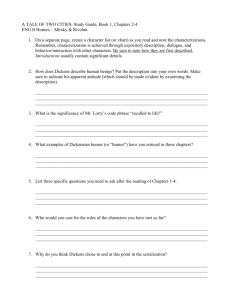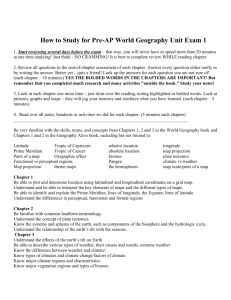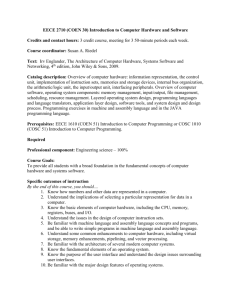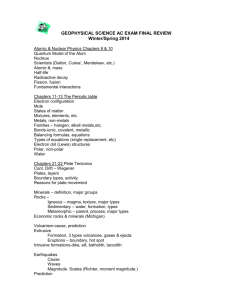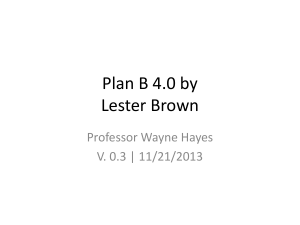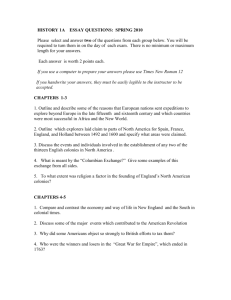Global Geography 12 Course Outline
advertisement
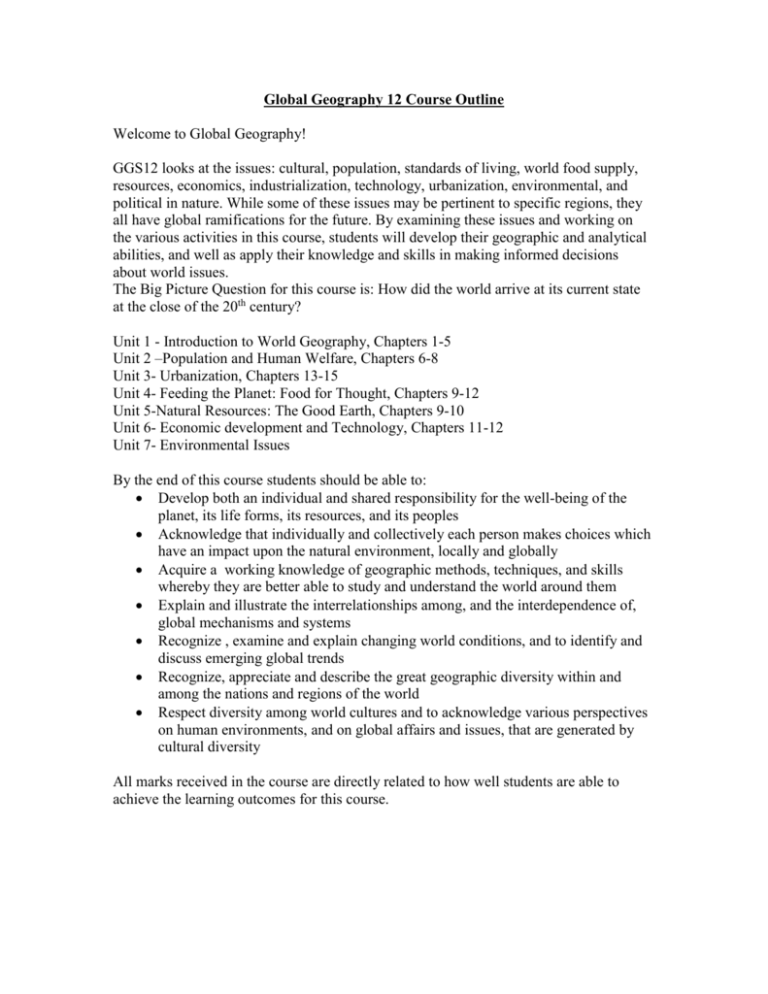
Global Geography 12 Course Outline Welcome to Global Geography! GGS12 looks at the issues: cultural, population, standards of living, world food supply, resources, economics, industrialization, technology, urbanization, environmental, and political in nature. While some of these issues may be pertinent to specific regions, they all have global ramifications for the future. By examining these issues and working on the various activities in this course, students will develop their geographic and analytical abilities, and well as apply their knowledge and skills in making informed decisions about world issues. The Big Picture Question for this course is: How did the world arrive at its current state at the close of the 20th century? Unit 1 - Introduction to World Geography, Chapters 1-5 Unit 2 –Population and Human Welfare, Chapters 6-8 Unit 3- Urbanization, Chapters 13-15 Unit 4- Feeding the Planet: Food for Thought, Chapters 9-12 Unit 5-Natural Resources: The Good Earth, Chapters 9-10 Unit 6- Economic development and Technology, Chapters 11-12 Unit 7- Environmental Issues By the end of this course students should be able to: Develop both an individual and shared responsibility for the well-being of the planet, its life forms, its resources, and its peoples Acknowledge that individually and collectively each person makes choices which have an impact upon the natural environment, locally and globally Acquire a working knowledge of geographic methods, techniques, and skills whereby they are better able to study and understand the world around them Explain and illustrate the interrelationships among, and the interdependence of, global mechanisms and systems Recognize , examine and explain changing world conditions, and to identify and discuss emerging global trends Recognize, appreciate and describe the great geographic diversity within and among the nations and regions of the world Respect diversity among world cultures and to acknowledge various perspectives on human environments, and on global affairs and issues, that are generated by cultural diversity All marks received in the course are directly related to how well students are able to achieve the learning outcomes for this course. Assessment and Evaluation Assignments - 30% Projects -20% Tests/quiz -20% Exam -30% Expectations Respect for yourself and others Do not disrupt learning Attend class regularly and on time A note is requested to excuse an absence or if a student is required to leave early due to an appointment. If a student has missed a due date, a test, or a presentation date then a note is required. Come to class prepared with proper materials and participate in discussions as much as possible No food in class please! Water, however, is acceptable. If you are late for class knock once then quietly wait outside for me to open the door. Sign the late book once inside. M3P players will not be permitted in class except when students are doing individual book work You will bring a ruler and coloured pencils to class along with paper, pen and pencils. Have a disk in your binder so that you can save materials that you work on in the computer lab.



